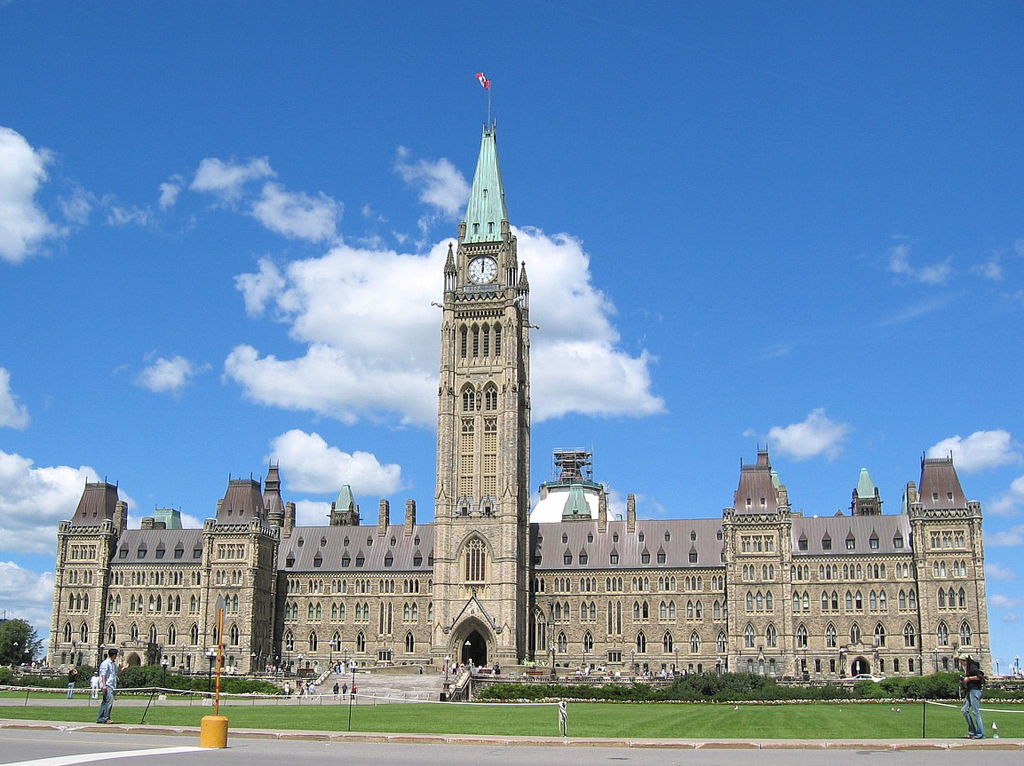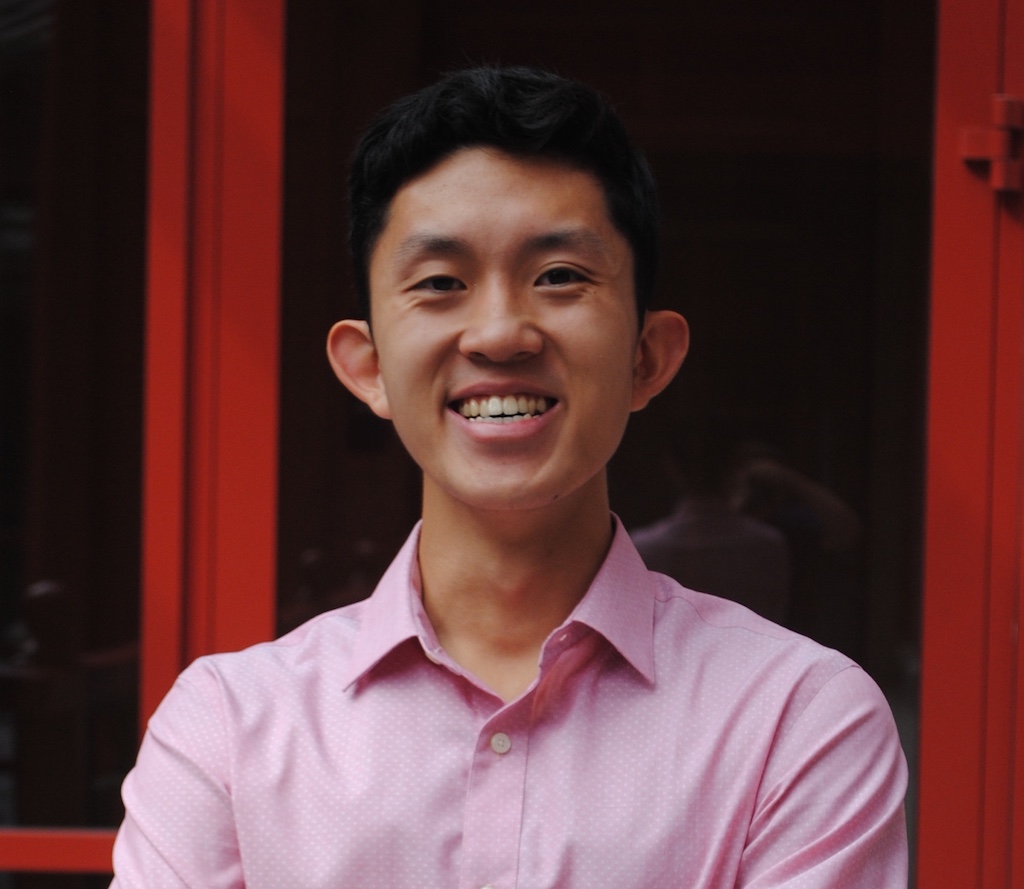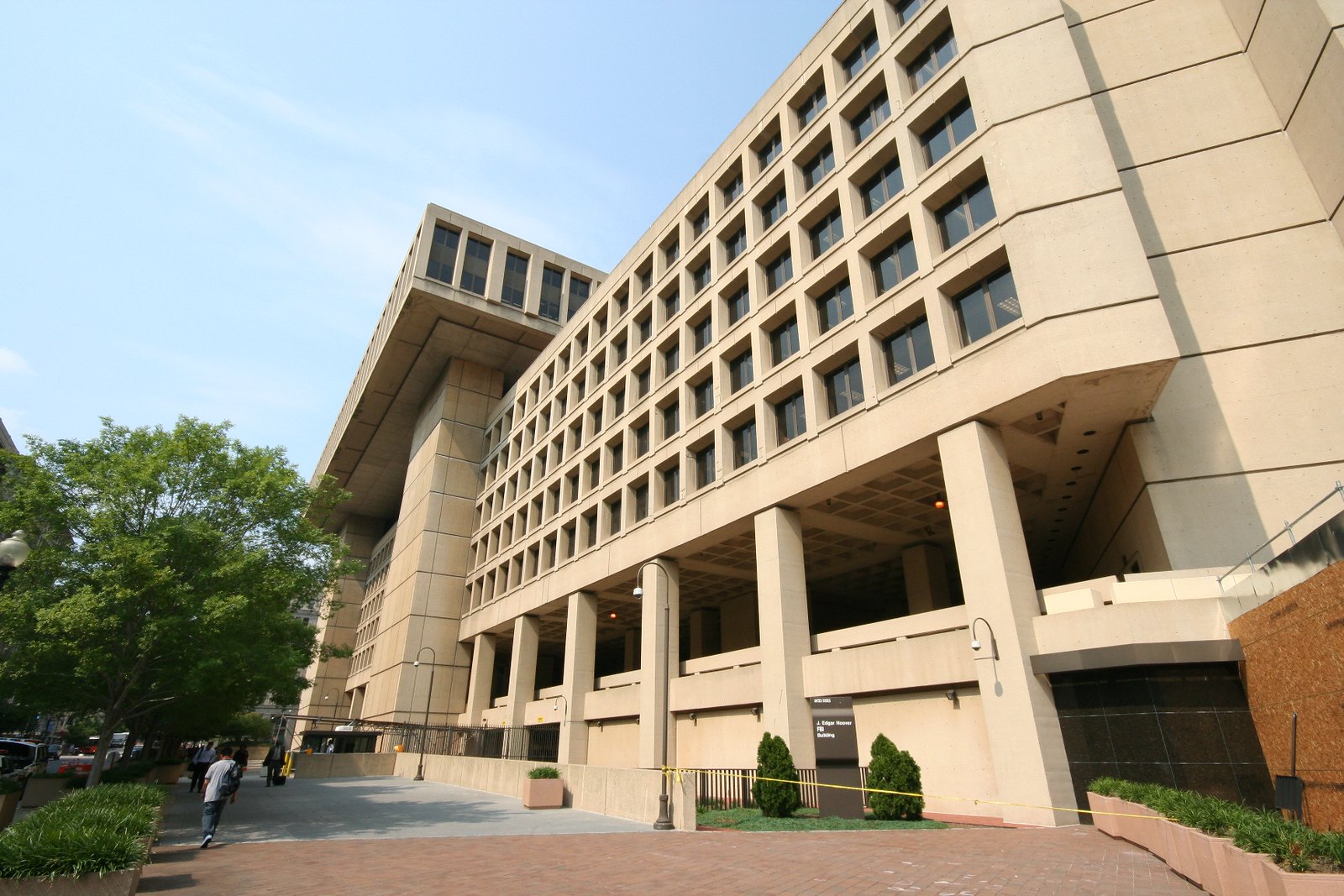Canadian National Security: News on Mali and the Norman Affair
In 1957, Canadian Prime Minister Lester B. Pearson won the Nobel Peace Prize for his role in resolving the Suez Crisis. Pearson was the first to push for the idea of a large-scale peacekeeping mission, and Canadians have since celebrated Pearson as the father of peacekeeping. The world today is radically different than the one Pearson inhabited—but his exploits demonstrate that Canadians have long charted their own solutions to global security issues, even while working closely alongside the United States and within a multilateral framework.

Published by The Lawfare Institute
in Cooperation With

In 1957, Canadian Prime Minister Lester B. Pearson won the Nobel Peace Prize for his role in resolving the Suez Crisis. Pearson was the first to push for the idea of a large-scale peacekeeping mission, and Canadians have since celebrated Pearson as the father of peacekeeping. The world today is radically different than the one Pearson inhabited—but his exploits demonstrate that Canadians have long charted their own solutions to global security issues, even while working closely alongside the United States and within a multilateral framework.
This is the first post in Lawfare’s new Canadian National Security column. The column will discuss the key national security and defense issues that Canada faces today, with the hope that American readers might find an ally’s perspective useful.
Government to Pull Air Task Force From Mali
On May 27, the House of Commons’s Standing Committee on National Defence (NDDN) issued a report entitled “Canada’s Role in International Peace Operations and Conflict Resolution.” The report focused on the challenges of 21st-century peace operations and articulated how Canada might meet those challenges, calling on the government to “explore options to augment Canada’s contributions” to U.N. peace operations. At the same time, however, the report confirmed that Canada would be drawing down its contribution to U.N. operations in the short term.
Most significantly, the Canadian Armed Forces (CAF) will end its aeromedical evacuation operations in Mali on July 31, thereby leaving the U.N. Multidimensional Integrated Stabilization Mission in Mali (MINUSMA) with a critical capability gap. The U.N. established MINUSMA in April 2013 to support the peace process between Mali’s central government and various armed groups. In recent years, however, the conflict has metastasized, with jihadi groups exploiting local grievances, particularly in Northern and Central Mali. A total of 195 blue helmets have lost their lives since 2013. MINUSMA received its last mandate in June 2018 and is now tasked with restoring and extending “state authority and rule of law throughout Mali.”
The first Canadian troops left for Mali in June 2018, and Canada has deployed an air task force and some 250 support personnel to the country. The task force conducts medical evacuations in support of MINUSMA and airlifts passengers and cargo within the country. According to the NDDN report, Canada’s presence in Mali has allowed “UN troops to conduct longer-range and higher-risk patrols and activities.” After July, however, Canadian helicopters need to be repatriated for “maintenance purposes and to upgrade software.” The Romanian military is set to take over aeromedical evacuation operations starting in mid-October, but the government’s July 31 withdrawal date will leave the U.N. shortchanged in the meantime. As an April 2019 NDDN report on Canada’s Task Force Mali noted, U.N. officials have stressed that “without an aeromedical capability, UN ground troops would have to significantly reduce the range of their patrols, as well as the services they provide in the communities.”
The decision of Prime Minister Justin Trudeau’s Liberal government not to extend its air mission in Mali has come under sharp attack. Randall Garrison, a member of Parliament (MP) for the left-of-center New Democratic Party (NDP) and one of the vice chairs of the NDDN, issued a dissenting report, lambasting the committee for not “holding the Government to their promises of increased participation in international peace operations.” Garrison also published an op-ed with the Hill Times, urging the “Government of Canada to not abandon our role early.” Some weeks ago, Liberal MP Rob Oliphant similarly excoriated the government, arguing that “Canada’s peacekeeping operations pale in comparison to those offered by many African countries.” Conservative MPs of the NDDN also issued a dissenting report but focused on the Liberals’ lack of parliamentary consultation. Their dissenting report criticized the government for not having provided the opportunity for “parliamentarians to debate and vote on this overseas mission … as is customary.”
With only three weeks until the House of Commons breaks for summer recess, however, the Trudeau government is unlikely to revisit its decision on Mali. After July, Canada will continue to maintain a light presence of military staff and civilian police officers in Mali. Yet the end of the air task force will only burden MINUSMA at a time when Canadian MPs are calling for increased support of the U.N.
Fallout Continues From the Mark Norman Affair
The Standing Senate Committee on National Security and Defence has passed a motion, calling on Vice Admiral Mark Norman, Defence Minister Harjit Sajjan and several other witnesses to testify in front of the committee. Two Independent senators joined Senate Conservatives to force the motion through.
The Norman affair, which has racked the Canadian political scene for months, traces its roots back to the closing days of the government of Conservative Prime Minister Stephen Harper. The Harper government contracted with the company Davie Shipbuilding to convert a commercial ship, the Asterix, into a supply vessel. The Royal Canadian Navy was then in critical need of a new supply ship. As Maclean’s notes, by mid-2015, the navy had found itself without any supply ships, a capability gap that left the navy unable to fulfill its blue-water role.
When the Liberals came to power in late 2015, however, they initially decided to put the Asterix project on hold, a decision that was quickly leaked. The Royal Canadian Mounted Police investigated Norman, then vice chief of the defence staff, for his supposed role in the leak. The Crown—that is, the prosecution—focused almost exclusively on Norman, even though the leak might well have come from another source. The Privy Council Office, the department that supports the prime minister and his cabinet, noted, for example, that “at least 42 people knew about the planned cabinet committee discussion about the Asterix contract beforehand, and at least 73 people knew the result afterward.”
In early May, however, the Public Prosecution Service of Canada revealed its plans to withdraw its breach of trust charge against Norman. Prosecutors stayed the charges after receiving new evidence from Norman’s defense team. Until that point, Marie Henein, Norman’s defense lawyer, had attacked the prosecution by arguing that the government was guilty of political interference; Henein accused the government of withholding evidence and of having Justice Department witnesses inappropriately coach prosecution witnesses.
Opposition MPs and commentators have criticized the Liberal government for its conduct during and following the court battle. Conservative MPs have taken up Henein’s line of attack, arguing that the Office of the Prime Minister unduly interfered in the Norman case. Andrew Scheer, leader of the opposition, has questioned “Trudeau’s role in launching the original leak investigation” and has criticized the government’s decision to resist releasing “documents to Norman’s lawyers.” In contrast, Globe and Mail columnist John Ibbitson, has argued that there is “no evidence Liberals interfered in” the Norman case and concluded the hearings would amount to a “fishing expedition.” Ibbitson argues that while there may be “plenty of unanswered questions … the facts do not support the charge of [government] interference.”
Even if Ibbitson is right, however, the Liberal response to opposition criticism has been less than transparent. Liberal MPs unanimously voted for a Conservative motion in the House of Commons to apologize to Norman for his legal ordeal but have otherwise remained recalcitrant. Liberal members of the NDDN, for example, blocked a Conservative and NDP attempt to allow Norman to testify in front of the committee. NDP MP Garrison forcefully argued during the NDDN session, however, that the country owed Norman the chance to tell his story and clear his name. Under the Queen’s Regulations and Orders—the Canadian equivalent of the Uniform Code of Military Justice—Norman cannot publicly criticize senior military leaders or the government. Norman would gain certain protections under parliamentary privilege—namely, his comments before the committee cannot be used in a court of law—and would be able to speak freely in front of the Senate committee.
The Senate motion passed on May 28 authorizes Norman to testify in front of the committee, though the vice admiral could well decline the committee’s request. Even if Norman declines to testify, however, the government’s woes are far from over. The Conservatives have continued to call on the Liberals to restore Norman to his old job as Vice Chief of the Defence Staff. In spite of Minister Sajjan’s statements that Norman won’t get his job back, the Globe and Mail has reported that Norman met with Chief of the Defence Staff Gen. Jonathan Vance to talk about returning to his old post. Even after 38 years of service and a bruising court battle, Norman wants back in.
In Other News
- A number of news outlets have gained access to a November 2018 internal military report, which documents alarming connections between certain CAF personnel and hate groups. According to the report, produced by the Military Police Criminal Intelligence Section, 16 CAF members are active in white supremacist groups such as the Soldiers of Odin, the Atomwaffen Division, the Proud Boys and La Meute. Vice has posted the report online. The report noted that “hate groups tend to be secretive” and that CAF members involved with hate groups “would most likely try to hide their association.” Despite the worrying statistics, the report concluded that “hate groups do not pose a significant threat to the CAF/DND [Department of National Defence].”
- The government and top officials in the CAF have faced criticism after holding a quiet dedication service to christen the new Afghanistan Memorial Hall at National Defence Headquarters’s Carling Campus. Canadians have grappled with the legacy of the war in Afghanistan since the Canadian combat mission ended in 2014, yet the government’s decision to hold a private dedication ceremony has attracted almost universal criticism. As David Pugliese reports, the “families of the fallen were not invited to the dedication ceremony.” Canadian Maj. Gen. David Fraser, who commanded NATO forces in Afghanistan, slammed the dedication ceremony and the “quiet and secretive way” in which it was conducted. The DND has announced that the memorial will be open to the public, but some commentators have called on the department to move the memorial from the distant Carling Campus to a more central location in Ottawa.



.jpg?sfvrsn=b3d4eb92_7)

